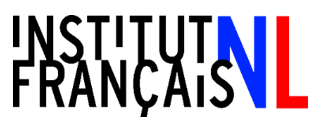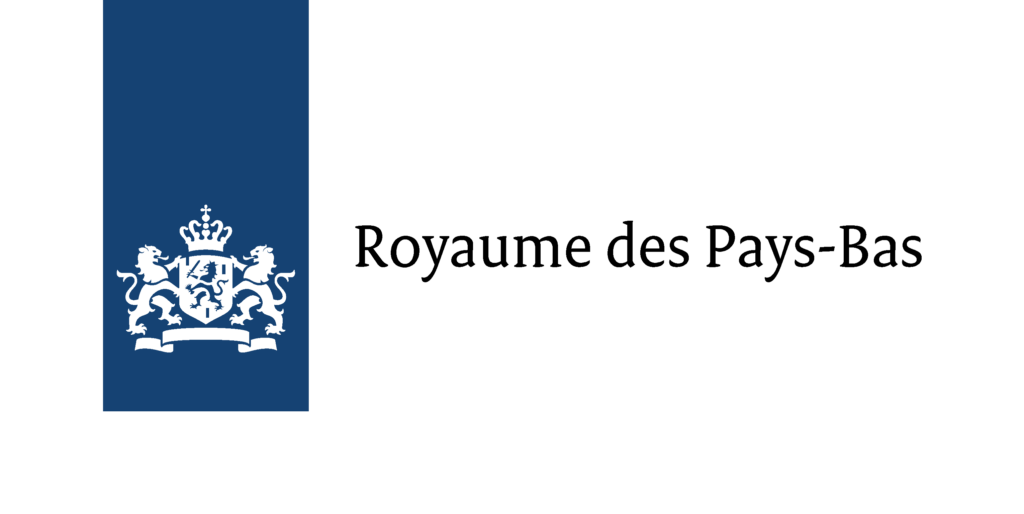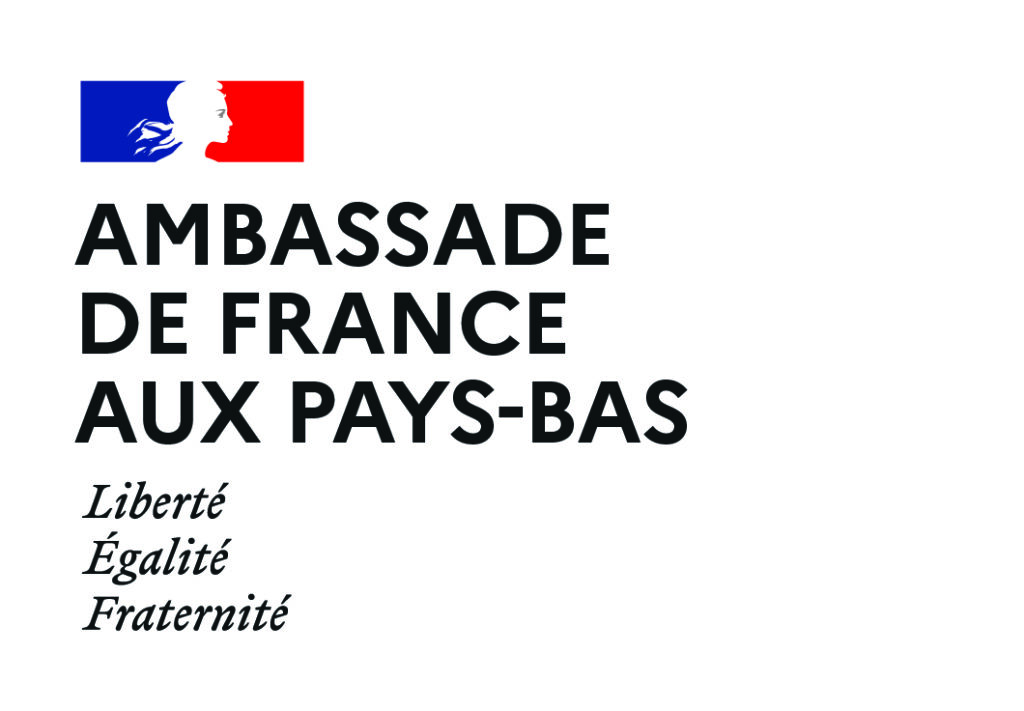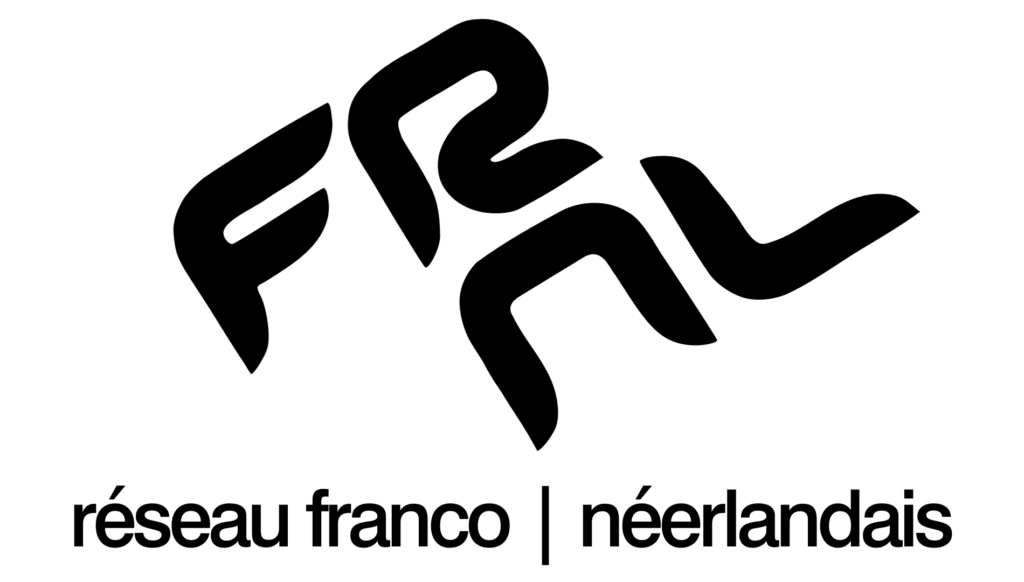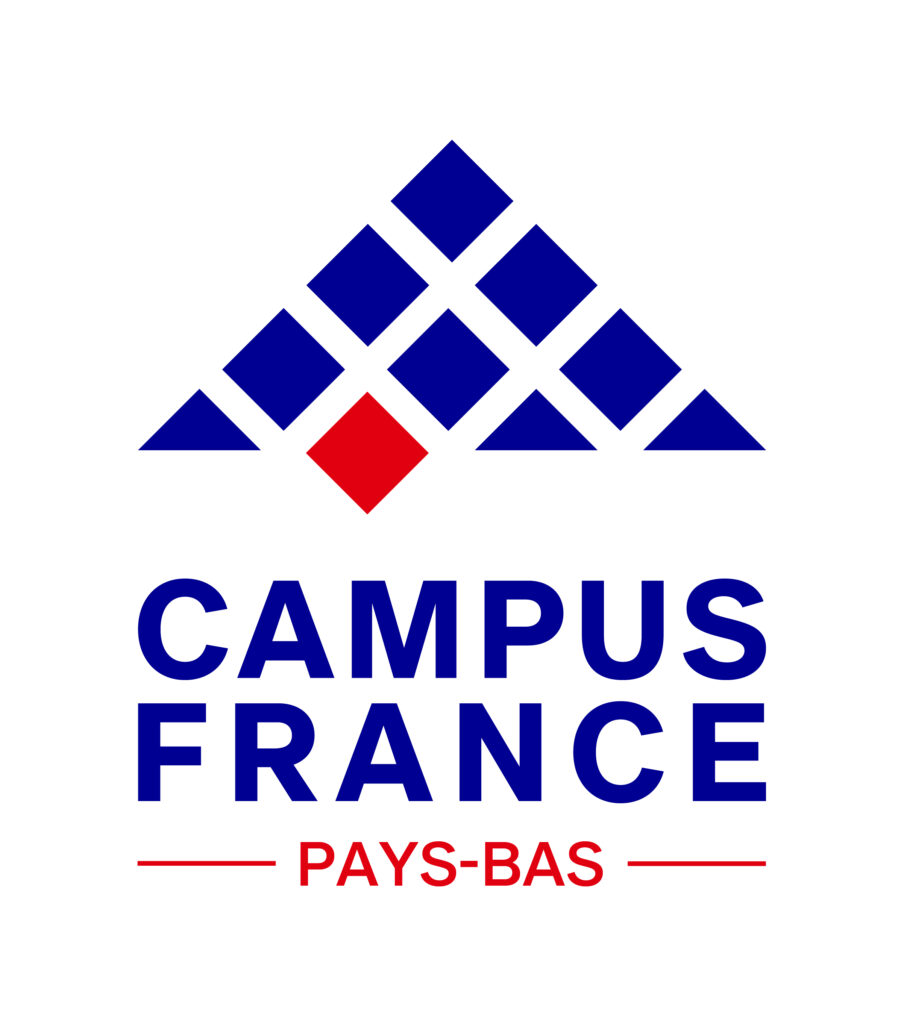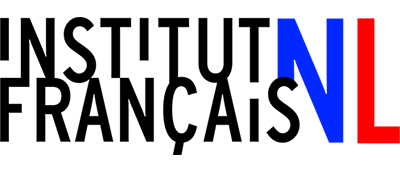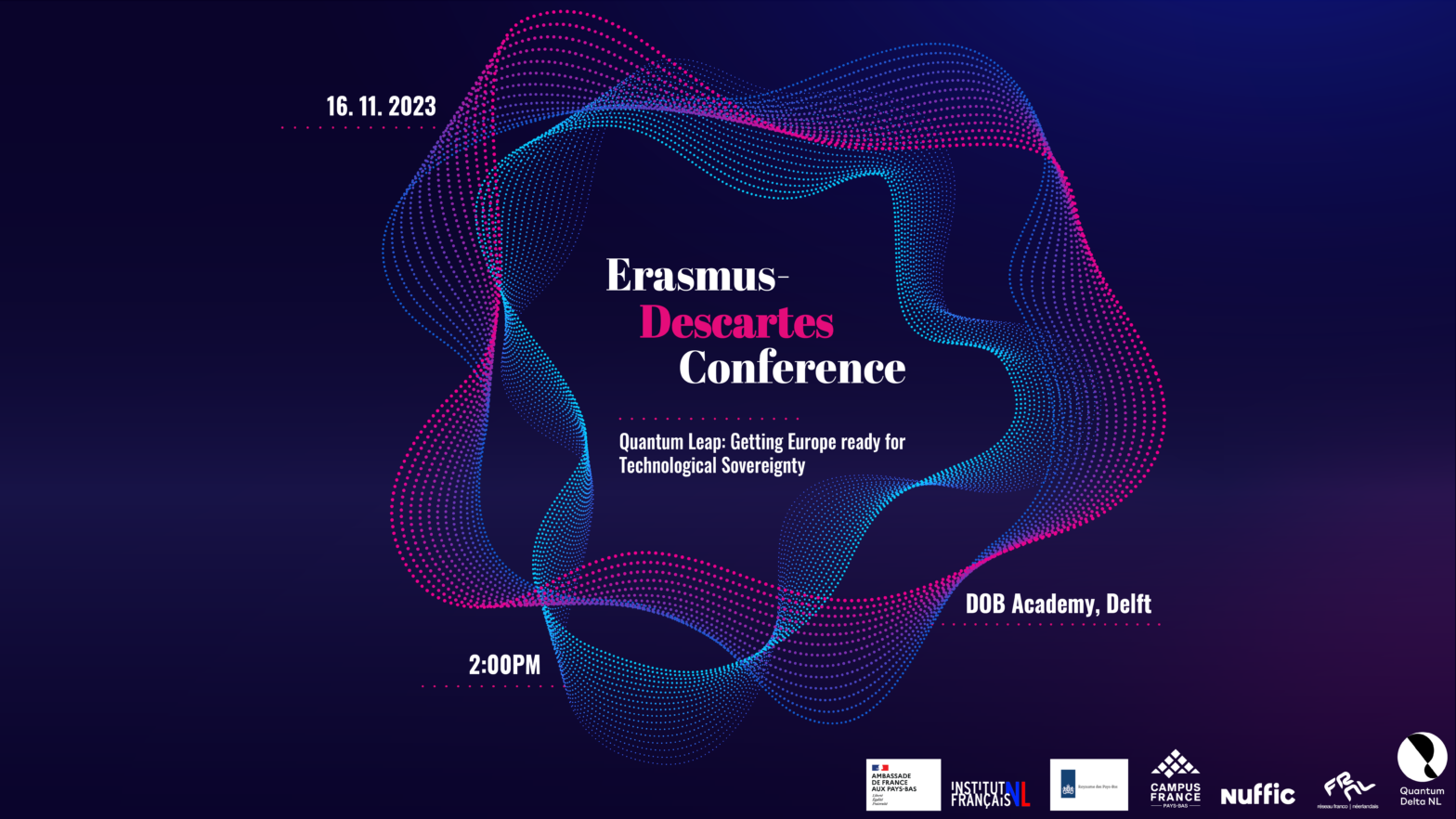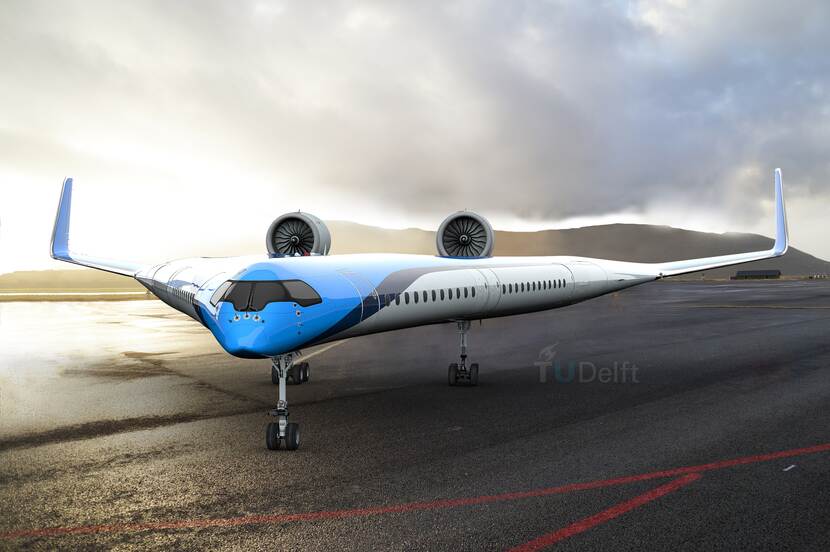Conférence Erasme – Descartes: Quantum Leap: Getting Europe Ready for Technological Sovereignty
16 novembre 2023, DOB Academy Delft
Présentation
La conférence Erasme-Descartes (CED) a été initiée en 2002 par l’ambassade de France aux Pays-Bas et l’ambassade du Royaume des Pays-Bas en France. Temps fort de la relation bilatérale franco-néerlandaise, ces conférences au modèle unique visent à faciliter les échanges sur l’avenir d’un secteur prioritaire de manière interdisciplinaire grâce aux contributions des scientifiques, entrepreneurs, chefs d’entreprises, politiques et étudiants français et néerlandais. En encourageant les échanges d’experts et de connaissances, la conférence favorise également les contacts entre professionnels, experts et jeunes talents prometteurs afin de renforcer cette coopération bilatérale dans un contexte européen.
À propos
Pour cette 21e édition de la Conférence Erasme-Descartes, il a été choisi de suivre l’impulsion donnée par la visite présidentielle d’avril 2023 aux Pays-Bas, et de mettre en lumière un sujet de l’infiniment petit, aux enjeux pourtant immenses : le quantique. Loin de se cantonner au domaine de la recherche, la technologie et l’ingénierie quantique sont d’ores et déjà mises au service de l’optimisation de l’industrie dans certains secteurs clés. On peut penser à la cryptographie, aux capteurs de gravité, aux ordinateurs quantiques ou encore à l’horloge atomique. Mais nul besoin de chercher si loin, la technologie quantique fait déjà partie intégrante de notre quotidien, à travers les smartphones par exemple.
Il s’agit donc d’un enjeu du présent comme du futur, sur lequel les Pays-Bas et la France n’ont pas hésité à se positionner de concert, et ce dès le 31 août 2021 dans le cadre du protocole d’accord sur la technologie quantique passé entre le Secrétaire d’État français chargé du Numérique et des Communications électroniques, Cédric O, et la Secrétaire d’État néerlandaise à l’Économie et au Climat, Mona Keijzer. L’un de ses objectifs est d’accroître les synergies naturelles entre les écosystèmes français et néerlandais, déjà riches en termes d’innovation quantique. Les Pays-Bas sont ainsi dotés de cinq hubs, Amsterdam, Leiden, Delft, Twente, Eindhoven, ainsi que de 10 instituts de recherche centrés sur le sujet. Ils se placent dans le top 5 des pays en termes de publication quantique et citations. Le National Growth Fund a alloué 615 millions d’euros à la recherche quantique à travers la fondation Quantum Delta NL, responsable pour l’exécution large du programme quantique focalisant sur la recherche, la formation des talents et l’impact sociétal. De son côté la France n’est pas en reste, ayant lancé en 2021 son Plan National Quantique à horizon 2026 de près d’1,8 Milliards d’euros, avec ses trois hubs (Paris Centre, Paris Saclay, Grenoble), et en décidant de soutenir financièrement des projets de formation comme QuantEduFrance.
Cette réflexion et ces investissements autour du quantique sont menés dans le cadre d’une double transition, à la fois numérique et écologique, grâce à laquelle l’Europe espère garder sa souveraineté technologique. Cette volonté clairement assumée en avril 2023 par le président E. Macron a donc orienté le thème de cette 21e édition de la Conférence Erasme-Descartes : « Quantum Leap [Saut quantique] : Préparer l’Europe à sa souveraineté technologique ».
La 21ème Conférence Erasme-Descartes à Delft
Cette conférence vise à échanger autour des principaux enjeux soulevés par la technologie quantique afin de mieux les appréhender. Au cours de la conférence, chercheurs, entrepreneurs, professeurs, CEO, discuteront la coopération franco-néerlandaise mais aussi européenne autour du développement de la technologie quantique à travers différents prismes, représentés par 4 panels : stratégie, financement, formation des talents, impact. La journée sera animée par Irene Rompa, et permettra également de mettre en avant de jeunes talents, avec l’attribution du Young Talents Award à des étudiants français et néerlandais en Master ou Doctorat.
En parallèle de la conférence, de nombreux évènements et rencontres seront organisés. Le matin, des start-ups du monde quantique françaises et néerlandaises visiteront l’écosystème de Delft, et notamment the House of Quantum. Cela est rendu possible grâce à l’invitation de Quantum Delta NL et à la mobilisation de la French Tech. Cela sera pour eux l’occasion de découvrir différentes structures, mais aussi de se rencontrer et d’échanger dans un cadre informel.
Une rencontre entre NUFFIC et Campus France est également prévue en marge de la conférence pour signer un plan stratégique commun à horizon 2029 pour encourager la mobilité étudiante vers la France. Les porteurs locaux et centraux de 12 alliances universités européennes ayant au moins un partenaire français et néerlandais assisteront à cette signature.
Programme
14.00: Introduction by moderator, Irene Rompa

14.05: Plenary Opening
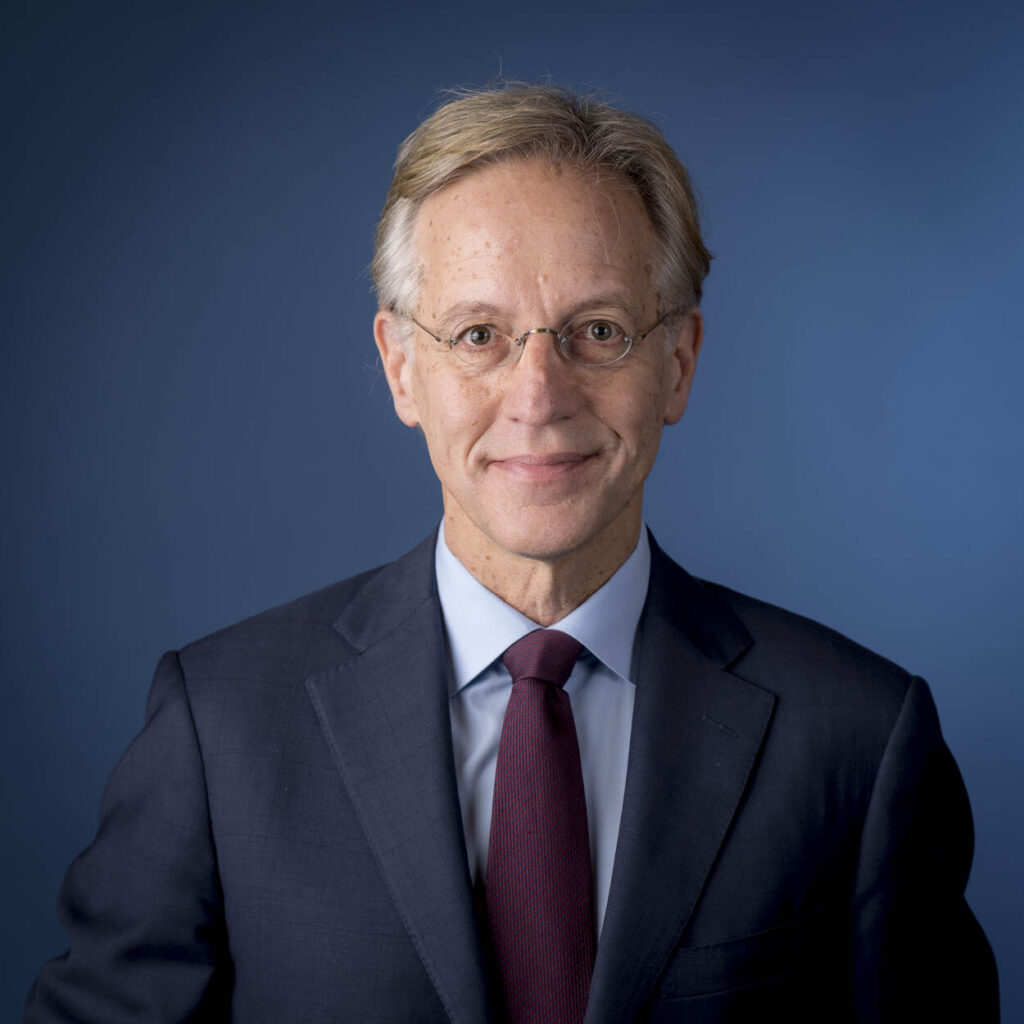
Demissionary Dutch Minister for Education, Culture and Science.
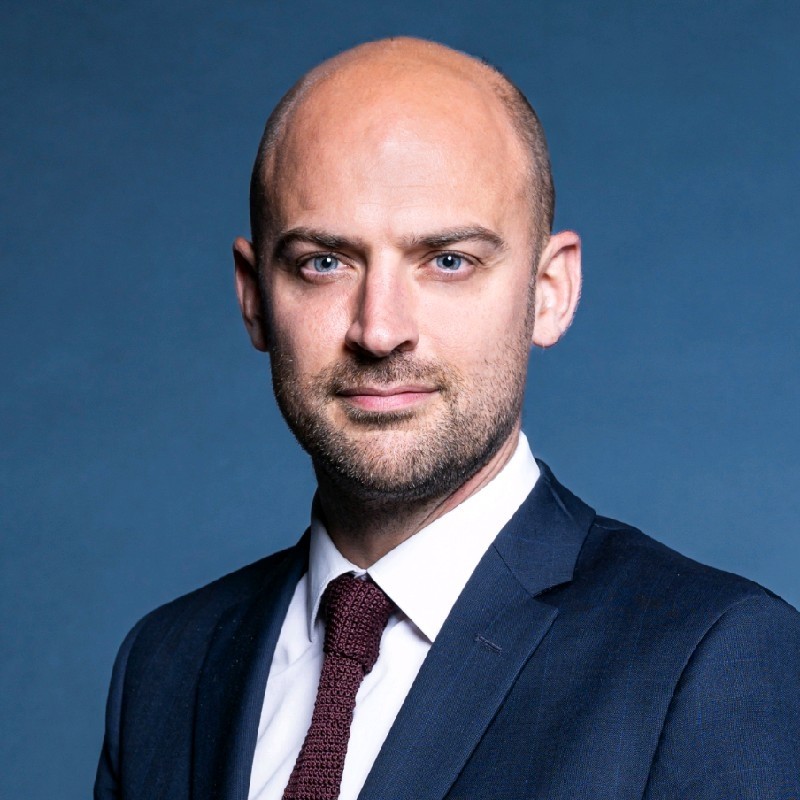
French Minister for Digital Transition and Telecommunications
14.20: Fireside chat: Quantum Technologies and European Sovereignty over the entire value chain: How to ensure Europe’s position as a key player?
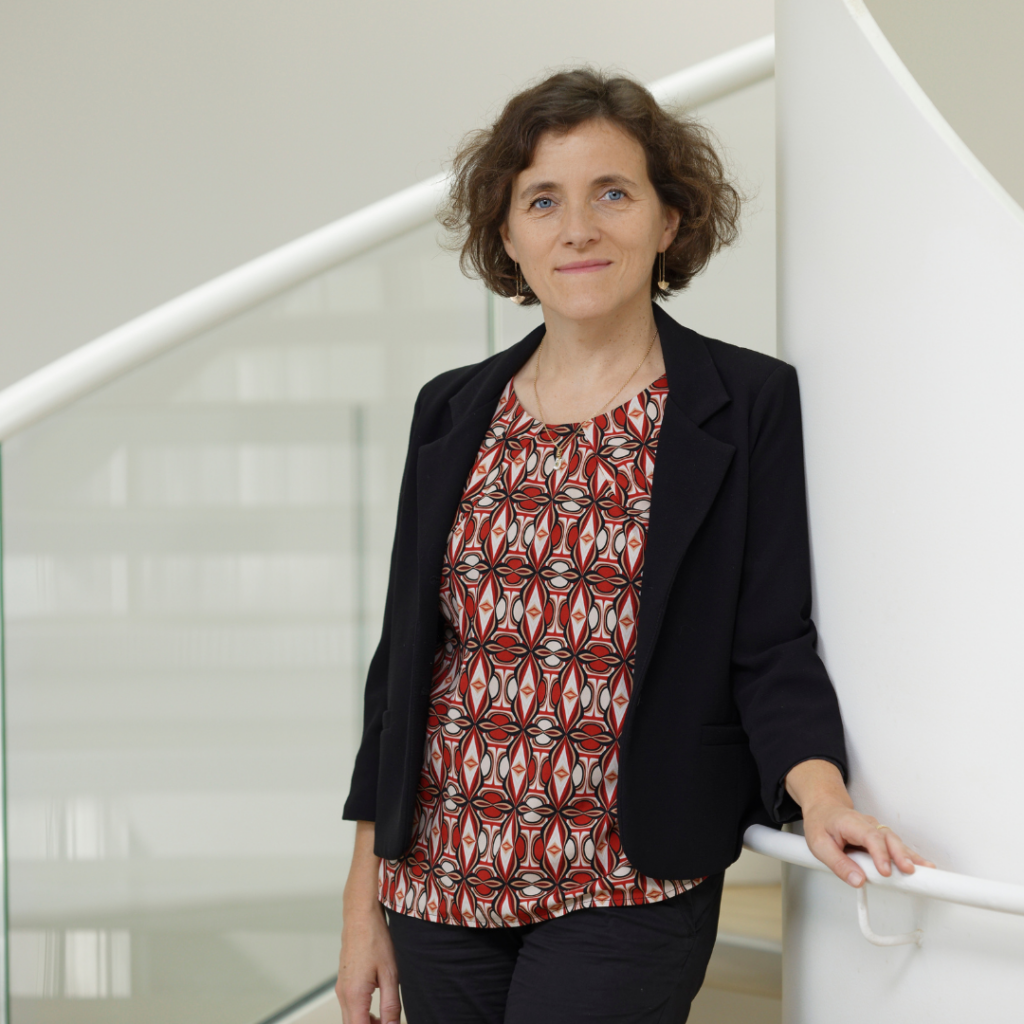
CNRS, French academician of sciences, co-founder and scientific advisor of Quandela.
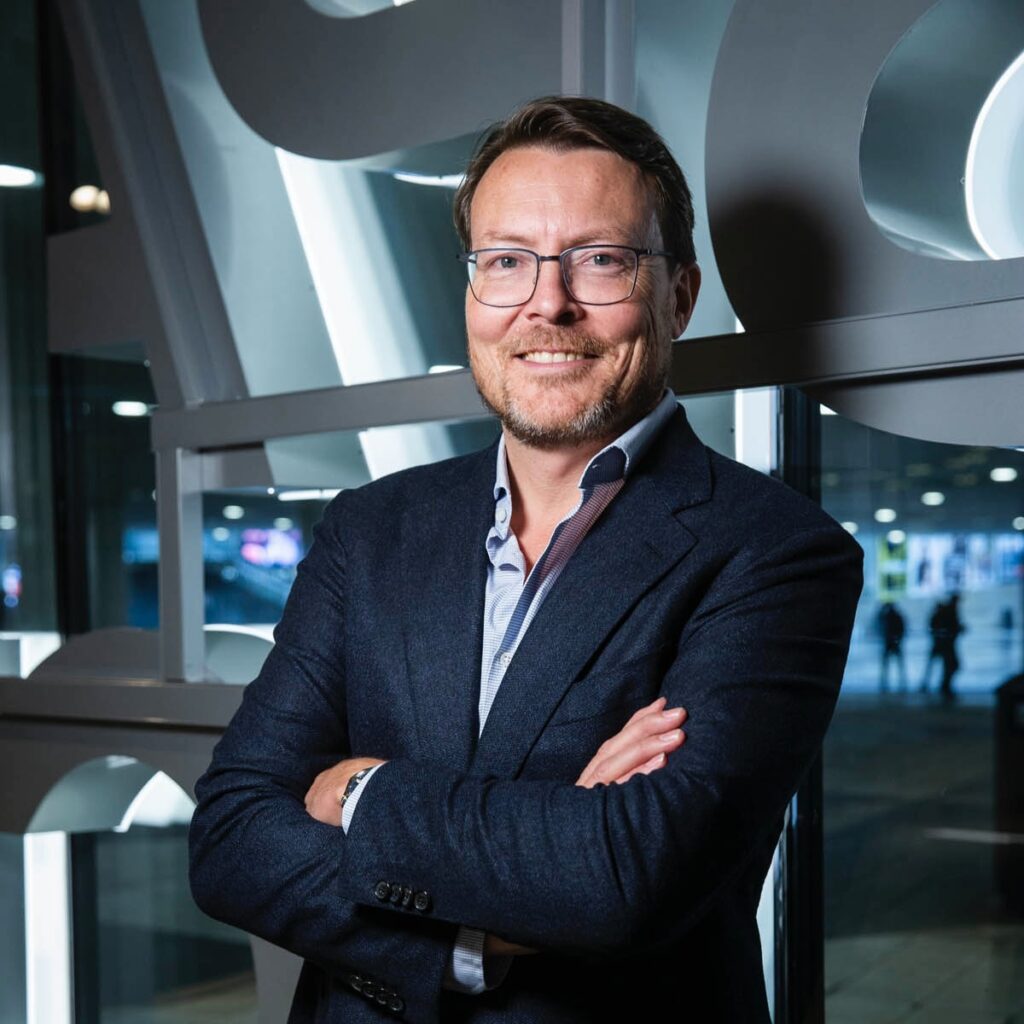
Envoy at Techleap.nl, co-founder StartupFestEurope.

Deputy Director-General, Directorate General Communications Networks, Content and Technology, European commission.
14.55: Associating priorities and a long-term vision, a permanent challenge with Prof. Jean-Pierre Bourguignon
15.00: Young Talents 2023 Award: Pitches by two representatives of student teams on quantum internet and green quantum, Selection by the Jury (Julia Cramer, Davide Boschetto, Marije Feersma-Hoekstra, Jean- Jacques Pierrat) and announcement of the winning team by Prof. Davide Boschetto.
15.20 – 15.30 Break
15.30 – 16.30 Interactive discussion 1: Strategy (EU and national level, EU and bilateral collaboration, technological sovereignty) and Funding. Part 1 – Which Strategies for EU Member States and the European Commission to Stay Competitive Globally?

Head of the French National Quantum Strategy.
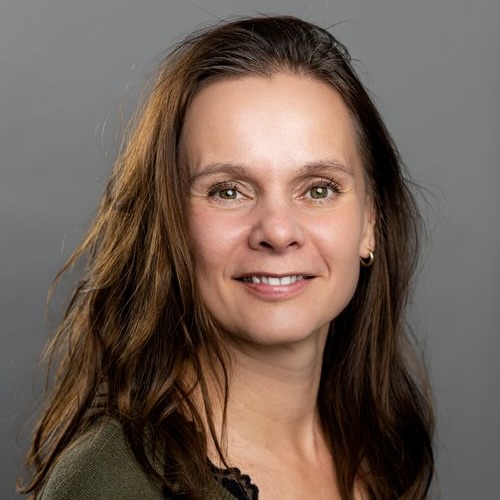
Global Future Council on Quantum Computing.
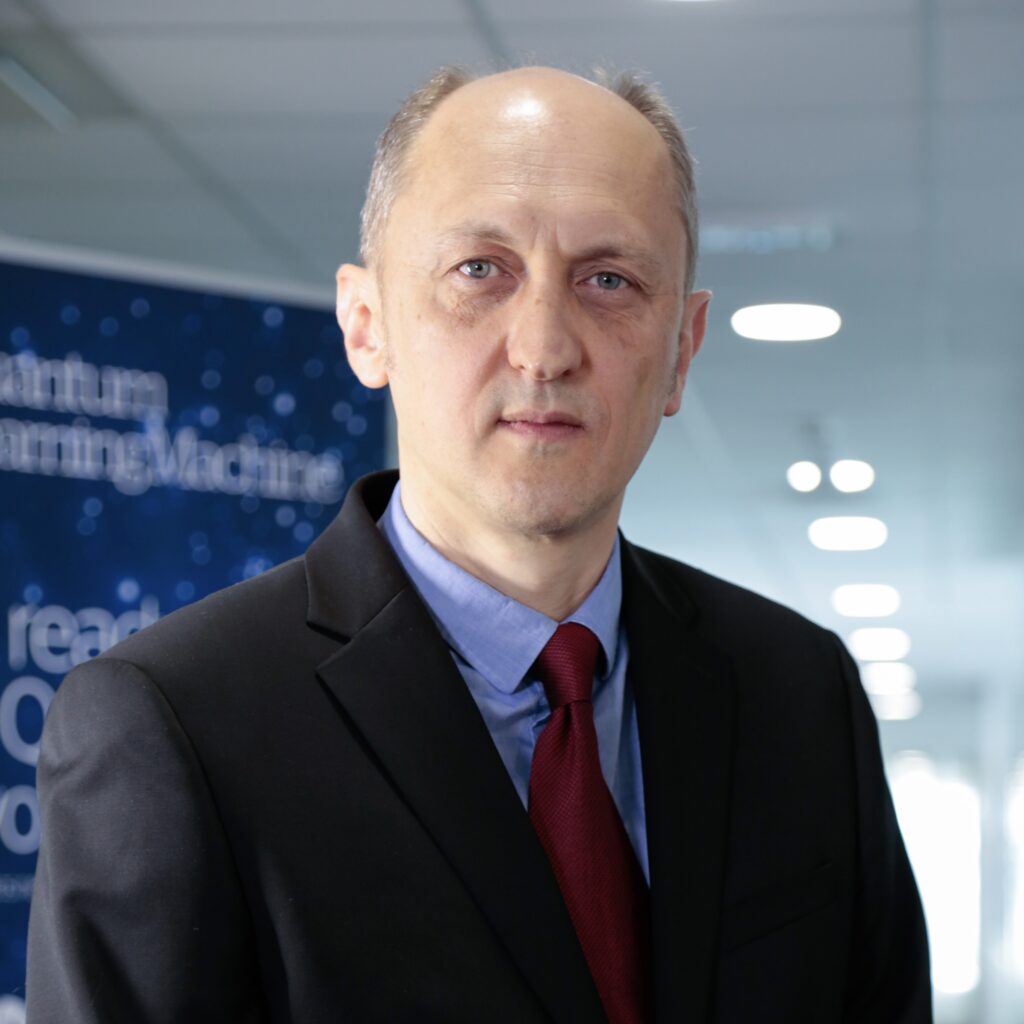
Head of Quantum Computing R&D and the Eviden program for the Group VP Quantum & Innovation.
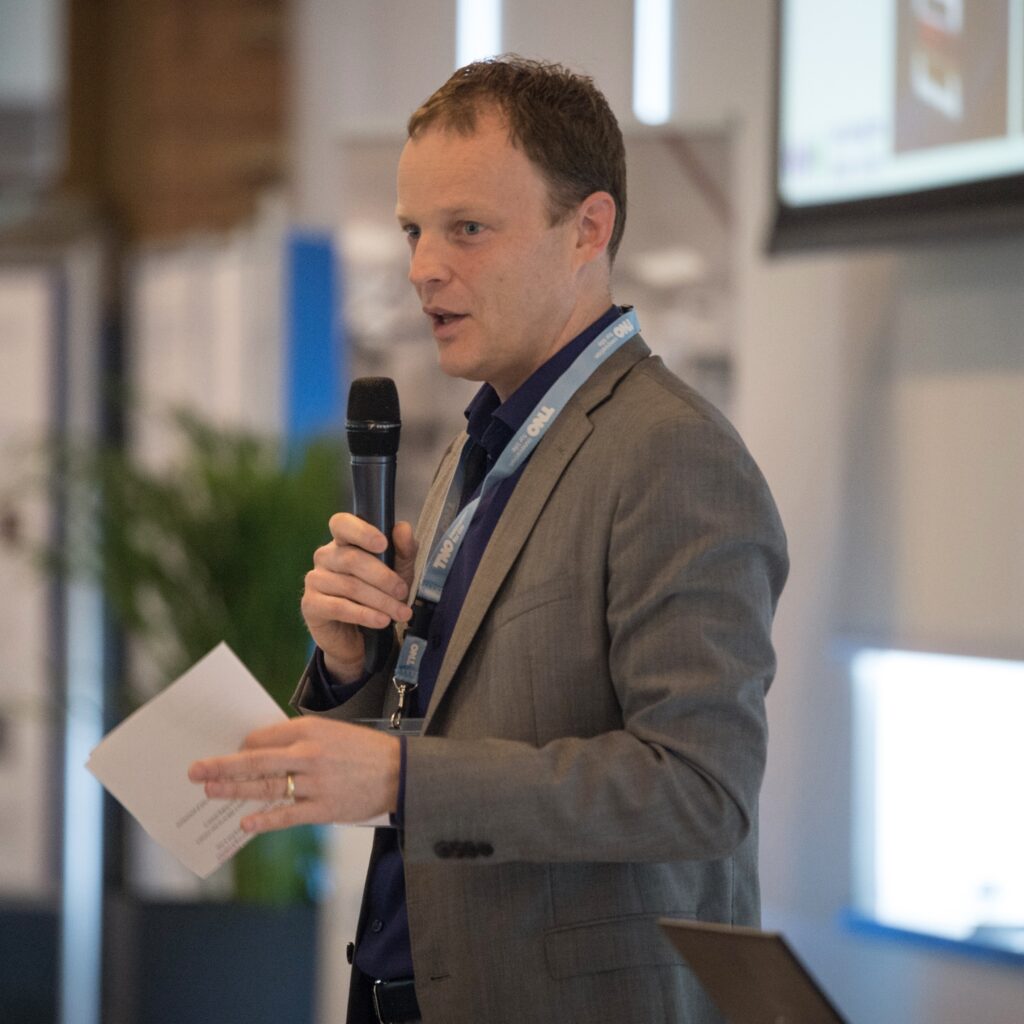
Director of Quantum Technologies, Semiconductors,
Industry 4.0 and Medical Instrumentation at TNO, member of the Strategic Advisory Board of the European Quantum Technologies Flagship, and Supervisory Board member of QDNL.
Part 2 – How to bridge the gap between Europe and other global players?
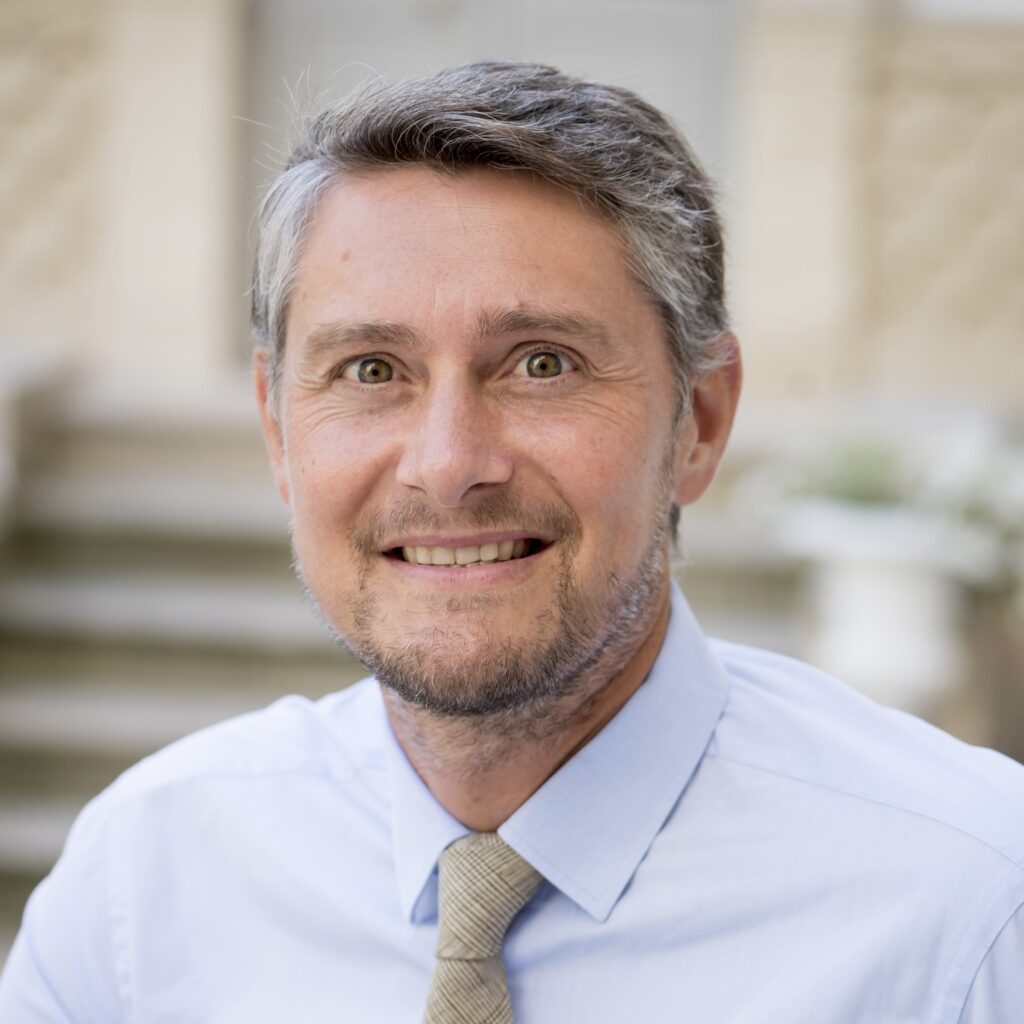
Partner at Quantonation
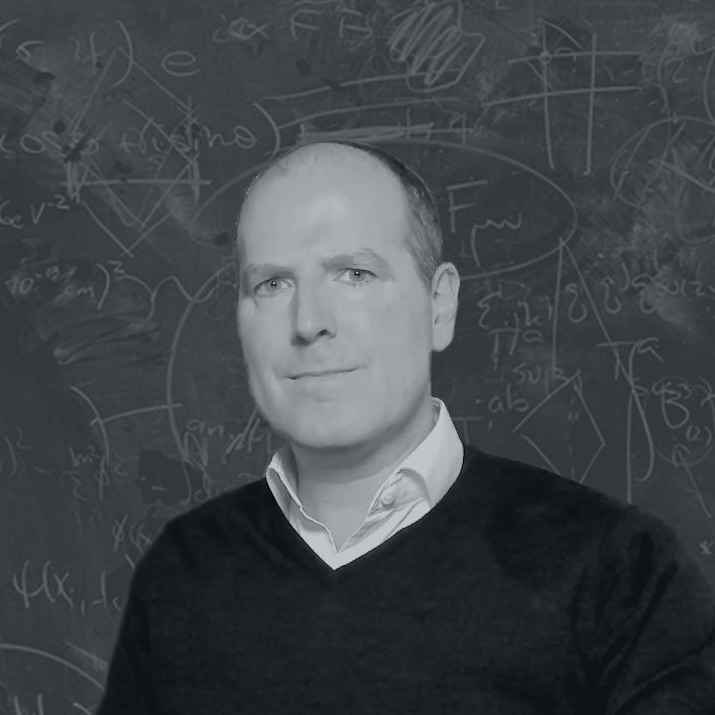
CCO of Pasqal, a FR/NL startup.
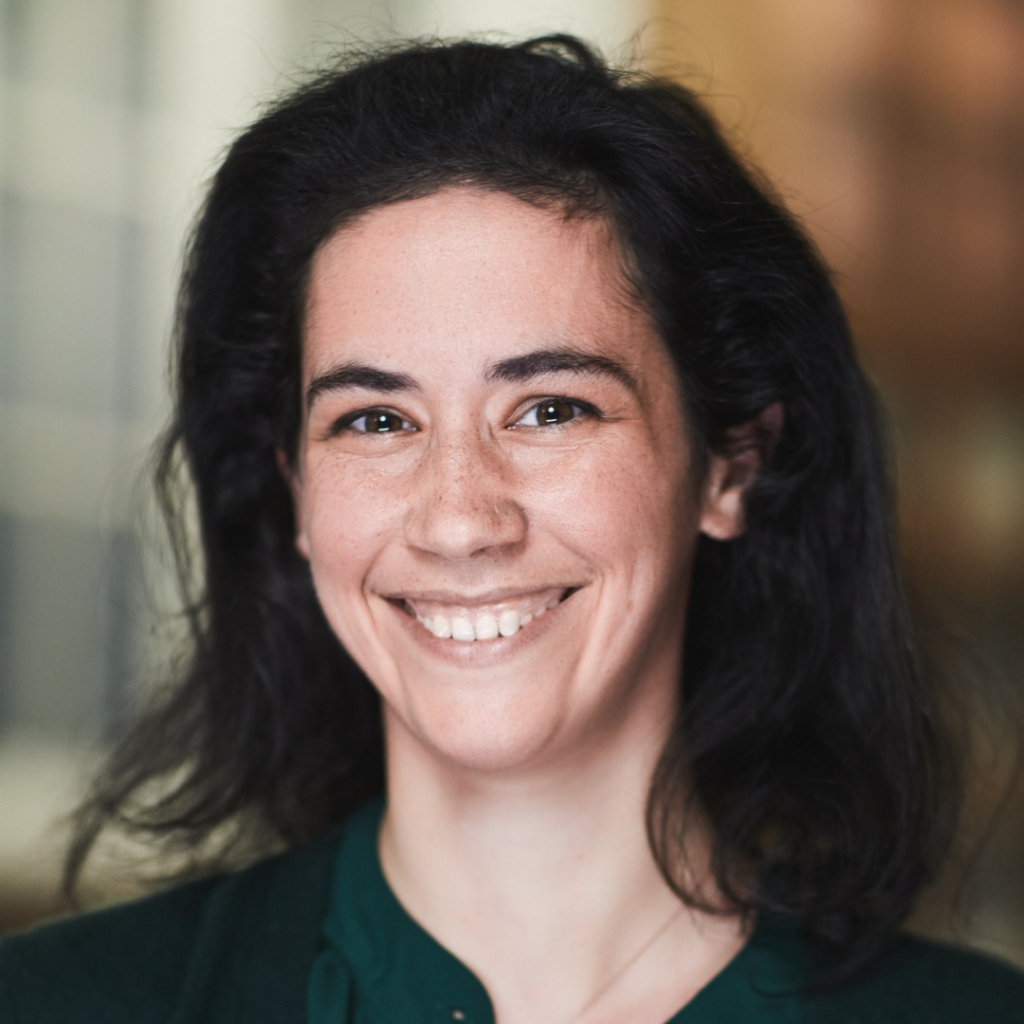
COO Alice & Bob.
16.30 – 17.00 – Coffee Break and meet-up with Startups.
17.00 – 18.00 – Interactive discussion 2: Talent and Tech Transfer. Part 1 –How education institutions can respond to the growing demand of brains and hands in the sector of quantum?
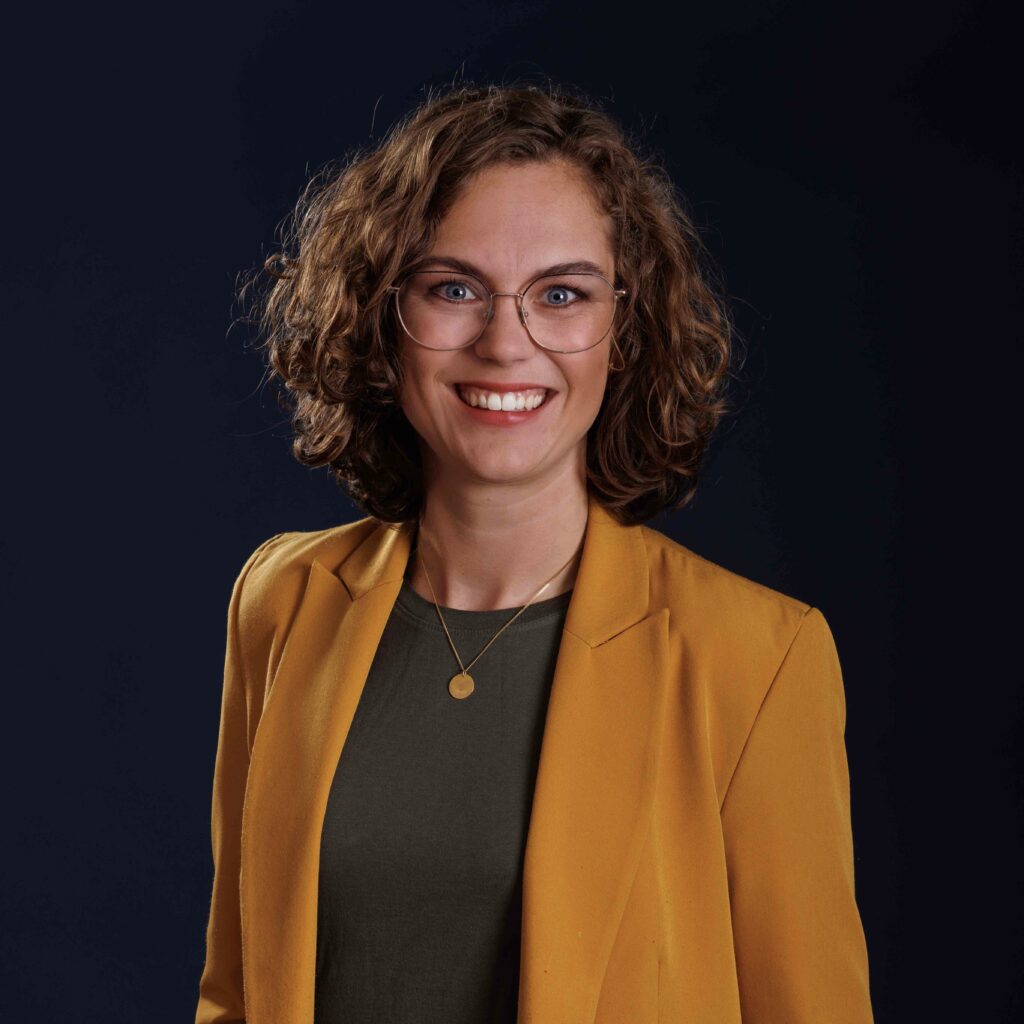
PI Quantum & Society, Co-founder WIQD “Women In Quantum Development” and Chair Young Academy Leiden.
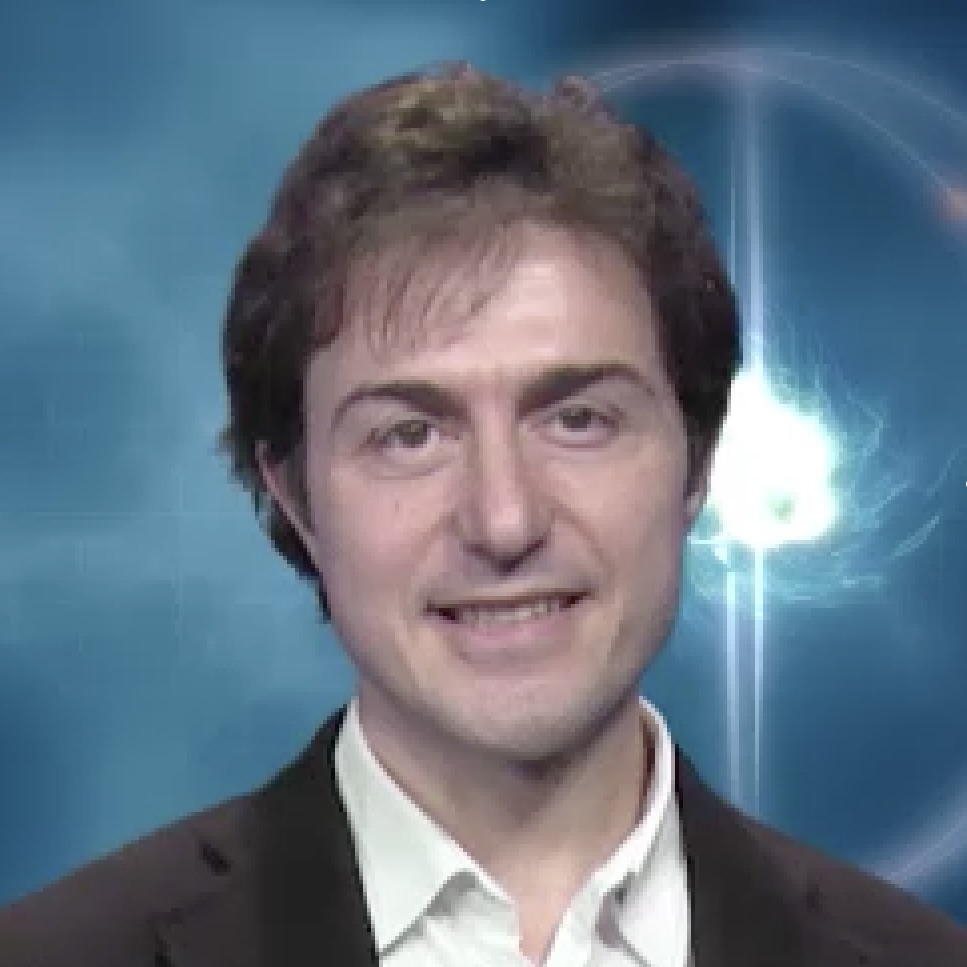
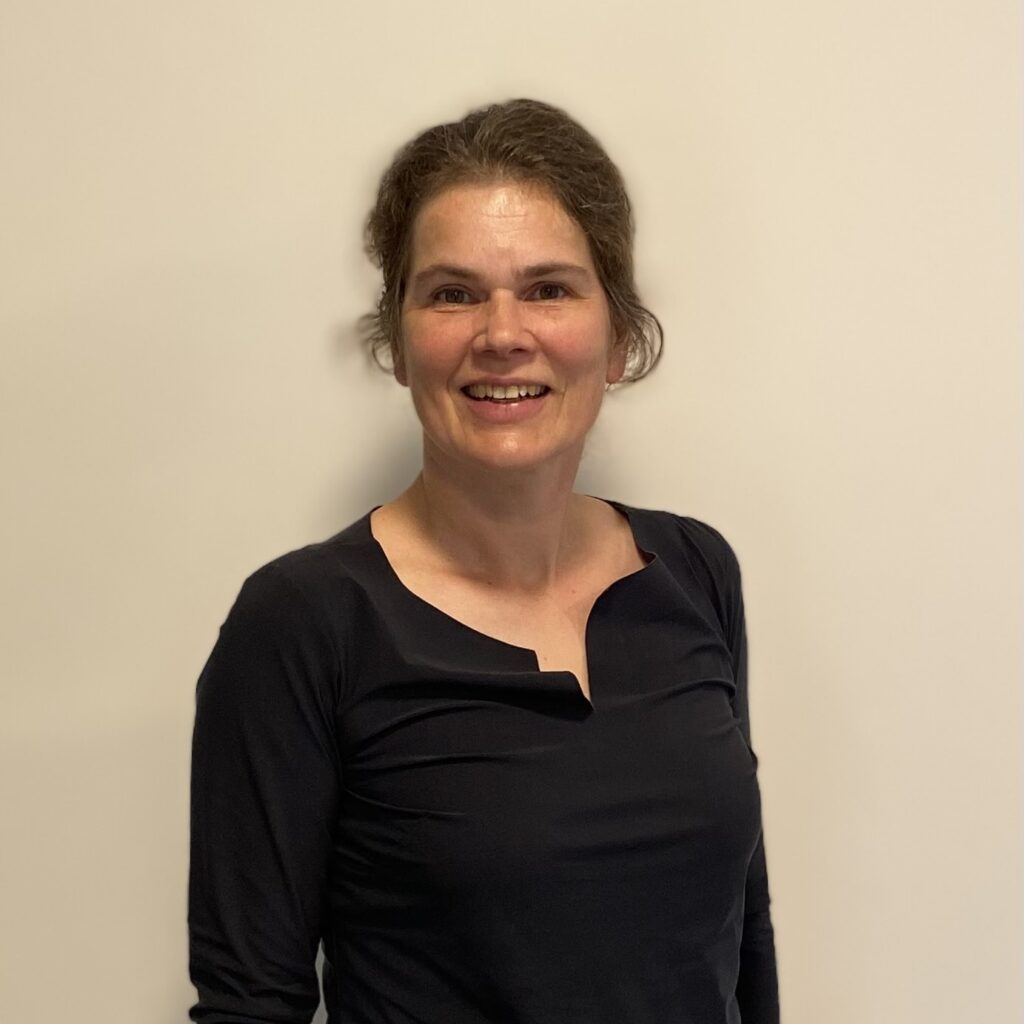
Director of Studies MSc Quantum Information Science & Technology at TU Delft; Lead Action Line 3 on human capital development Quantum Delta NL.
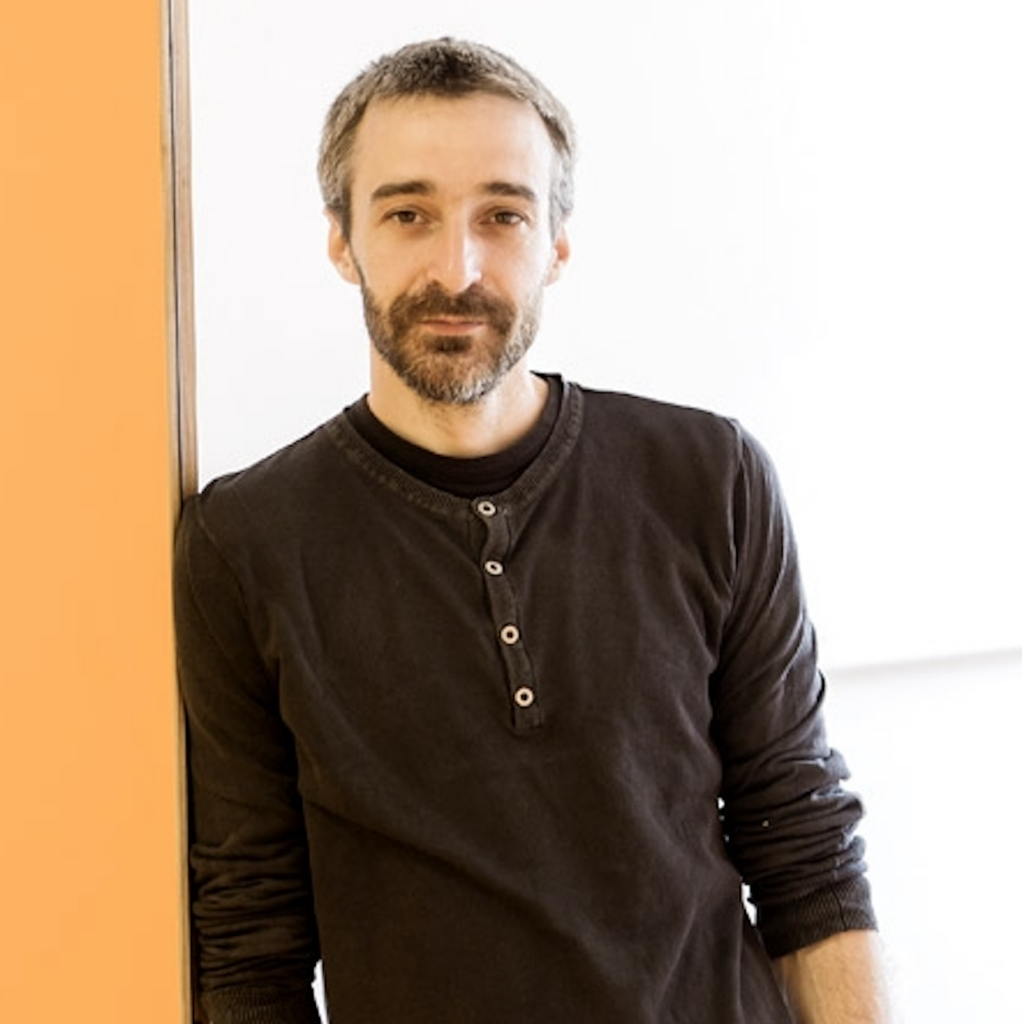
Part 2 – How the development of knowledge can be transferred to society and its different applications?

Engineer Projects Quantum Computing at GENCI.
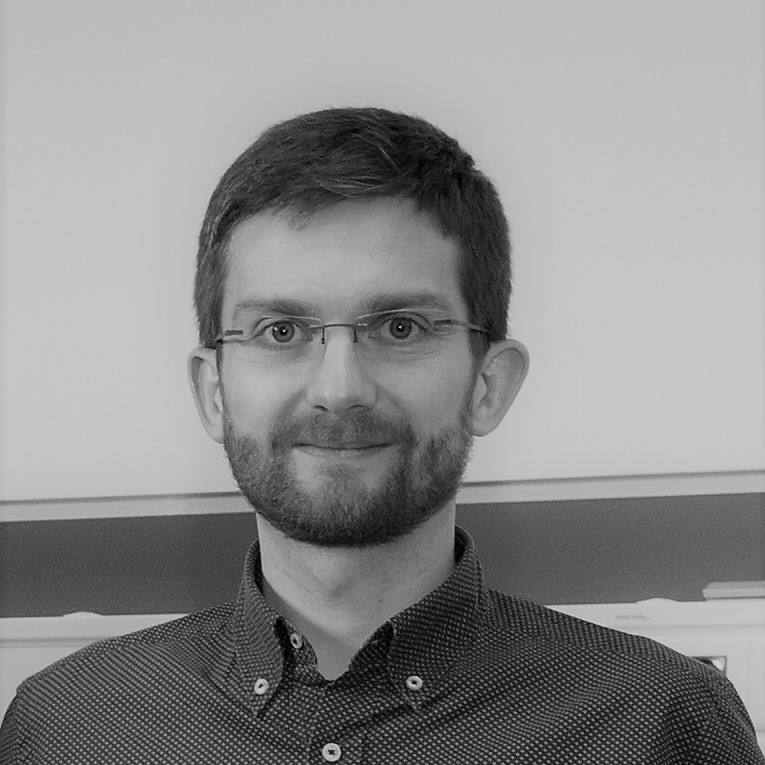
Program manager Quantum Technologies, LNE.

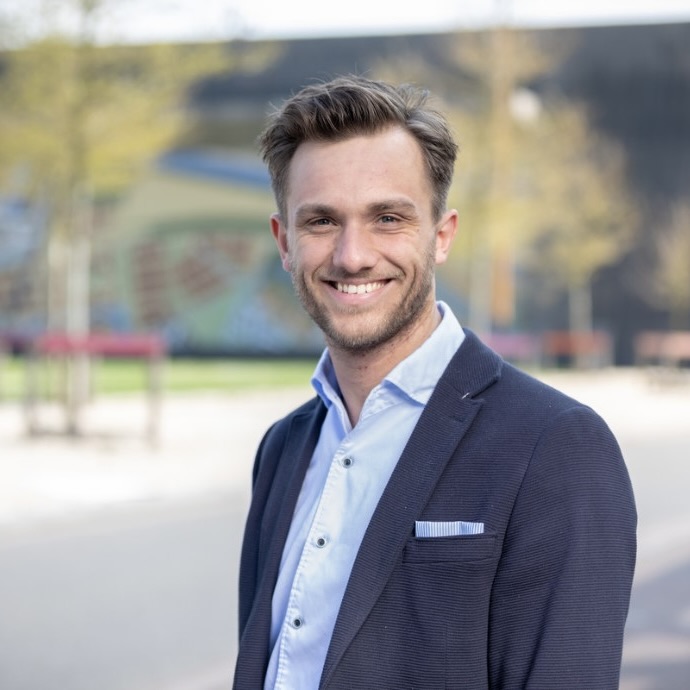
CTIO & Head of Capgemini’s Quantum Lab.
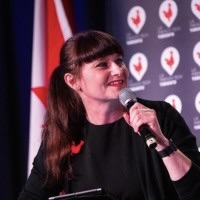
Quantum Lead & Startup Program Leader. OVHcloud.
18.00: From Photon and Silicon to Quantum technologies, what are the next steps?
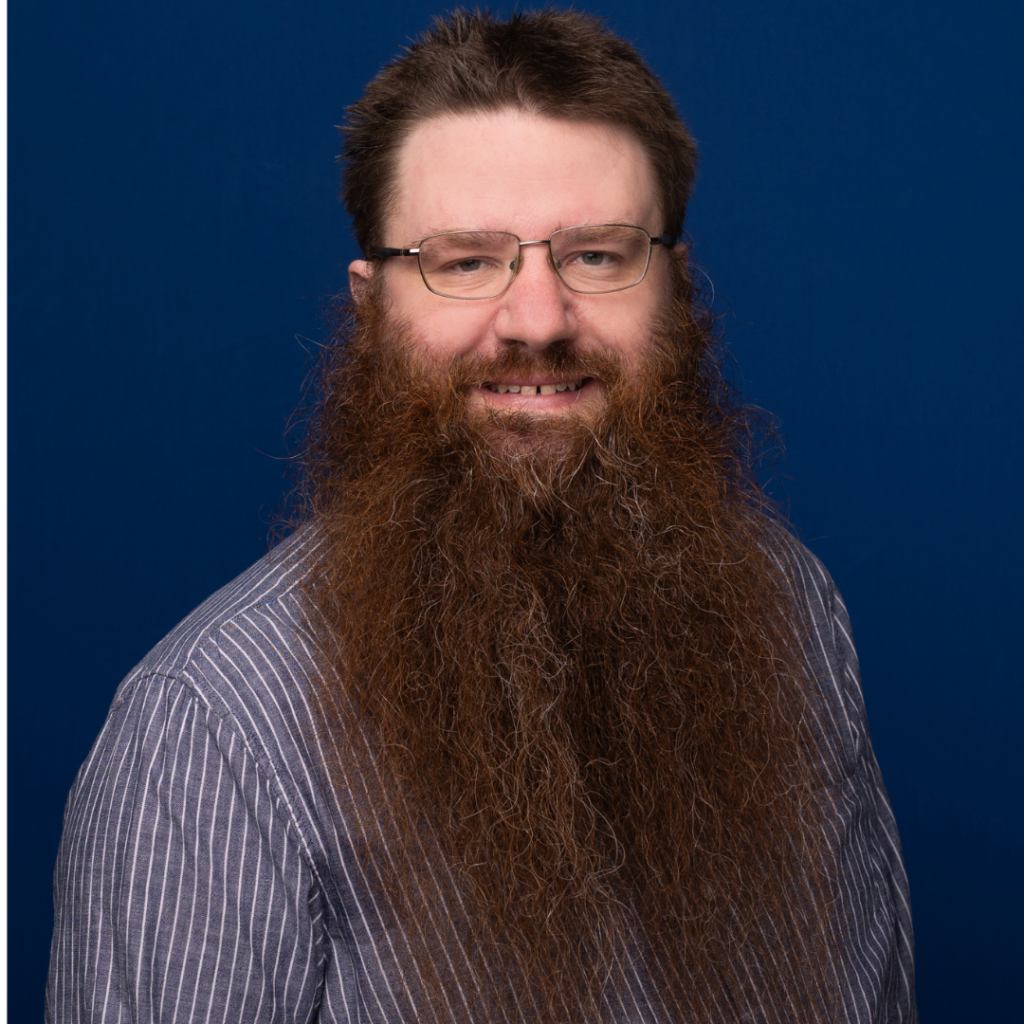
CTO Quix

CEA Leti, Co-founder and CEO of Quobly.
18.15: Wrap-up by Irene Rompa and Kees Eijkel, Director of Business Development – QuTech
18:20 – Closing remarks and next steps
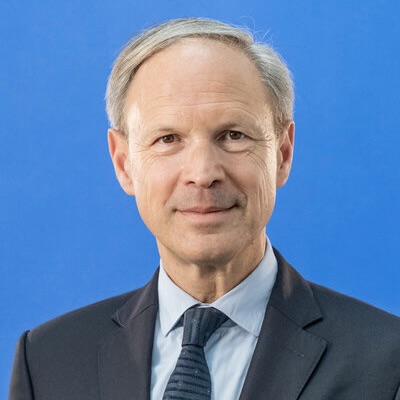
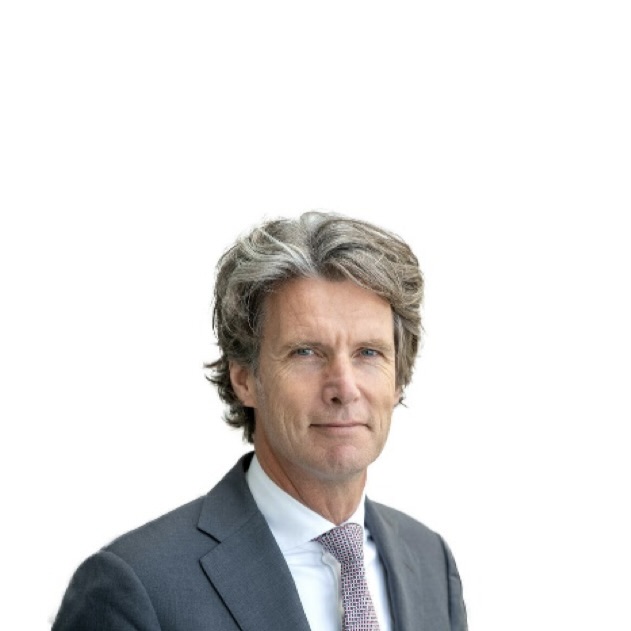
Ambassador of the Kingdom of the Netherlands to France
18.35-20.30 – Networking Reception
CONSTANTIJN VAN ORANJE
Constantijn van Oranje leads Techleap.nl, the accelerator for the tech ecosystem in The Netherlands. As Special Envoy, he is on a mission to turn The Netherlands into a unicorn nation. He and his team connect the Dutch tech ecosystem to help ambitious and promising Dutch tech companies grow fast internationally by improving their access to capital, market, talent and technologies.
Constantijn co-founded StartupFest Europe, which is still the biggest start-up event ever organized in The Netherlands. Previously, he was Chief of Staff to VP Neelie Kroes at the European Commission in charge of the Digital Agenda and led the Brussels office of the RAND Corporation.
He is member of the National Growth Fund Assessment Committee and Member of the NATO Innovation Fund Board of Directors. Constantijn is also the Director Digital Technology & Macro Strategy at Macro Advisory Partners in London and New York, and Edge Fellow at Deloitte Centre for the Edge. Additionally, he is ambassador of the European Innovation Council.
Aside from innovation and technology, Constantijn van Oranje is passionate about art, music, photography and nature.
S. EXC. M. FRANÇOIS ALABRUNE
François Alabrune holds a law degree from the University of Limoges and is a graduate of the Institut d’études politiques de Paris and the Ecole nationale d’administration (class of Michel de Montaigne).
He has held positions such as consul general in Quebec City, ambassador and permanent representative of France to the Organisation for Security and Cooperation in Europe in Vienna, director of legal affairs and legal adviser to the Ministry of Foreign Affairs. Since September 2022, he has been Ambassador to the Kingdom of the Netherlands and Permanent Representative to the Organisation for the Prohibition of Chemical Weapons (OPCW).
MAUD VINET
CEO and co-founder of quantum start-up Quobly, Maud Vinet began her career as a research physicist. She spent 20 years in semiconductor development and technology transfer at CEA-Leti, where she was responsible for a number of major industrial collaborations. She took the entrepreneurial plunge in 2022 by launching Quobly to transform the strengths of French research into innovation that leads to leadership in the digital and quantum fields. Quobly aims to develop and eventually market a quantum computer based on microelectronics technologies. Maud Vinet is a Knight of the Legion of Honour (2019), a member of the board of the QuantAlps quantum cluster in Grenoble and the author or co-author of more than 70 patents in the nanotechnology sector.
DR. DEVIN SMITH
Bridging the intersection of quantum optics, quantum information processing, and integrated photonics, Smith’s academic journey—leading to quantum computing architecture—spans across continents, significantly contributing to research in Canada, Australia, Japan, and the UK. Smith’s essential role in the company shapes the technology vision, uniting quantum computing and integrated photonics seamlessly.
FANNY BOUTON
Fanny Bouton, analyst, journalist and expert in new technologies for more than 20 years is also currently the OVHcloud Quantum Lead & Startup Program Leader. She regularly speaks in the media, co-produces and hosts the podcasts on quantum « Quantum » and « Decode Quantum » with Olivier Ezratty.
Passionate about innovation, she launched in the early 2000s her blog and « Fanny’s Party » evenings dedicated to the subject. For 18 years, she brought geeks together and popularized new technologies and innovations to help democratize complex subjects. Promoting and helping the French scientific and technological ecosystem to shine has become its favorite playground.”
ROGIER VERBERK
Rogier Verberk received his PhD in experimental physics from a French professor at Leiden University. He is currently director for Semiconductor and Quantum Technologies, and medical photonics at TNO, the Dutch national RTO. His portfolio varies from contract research for leading chip and equipment vendors, technology roadmaps, and spin-off creation. He is also co-founder of QuTech (the collaboration between the Technical University of Delft and TNO) and a member of the Strategic Advisory Board of the European Quantum Flagship.
CHLOÉ POISBEAU
Chloé is a trained engineer who graduated from Arts et Métiers with an expertise in entrepreneurship. She later pursued her a master’s degree in international business at ESSEC, allowing her to live in Singapore and Canada. As a young professional, she joined the Agoranov incubator in early 2018 to work in supporting start-ups develop in the digital sector. She is the co-founder of Wirate, a startup based in Paris.
DR. CYRIL ALLOUCHE
Dr. Cyril Allouche is Fellow and VP in charge of quantum computing R&D at Eviden, an Atos company. After a PhD in Computer Science 20 years ago, he took on several R&D management roles in the high tech industry. In 2016 he initiated the Atos Quantum Research Lab, which develops Qaptiva (formerly QLM), an advanced platform for research and experiment of Quantum Computing in a HPC environment, which is used by major high level research and private organizations all around the world.
FREDERIK KERLING
Frederik Kerling has a background in theoretical condensed matter physics and quantum engineering, and over 10 years of experience with quantum technologies. He has a company that specializes in the commercialization of quantum technologies, and lectures thereabout at the University of Amsterdam. He recently finished work on a set of quantum networking protocols, and helps companies and scale-ups set up their commercial quantum strategies and projects.
PHILIPPE BOUYER
A CNRS research director on secondment as a professor at the University of Amsterdam and the Eindhoven University of Technology, Philippe Bouyer is a specialist in laser-cooled atoms. After completing his doctorate at the Kastler-Brossel laboratory in Paris, he moved to Stanford University and then to the Institut d’Optique where, among other things, he carried out the first experiments on matter-wave quantum sensors and simulated quantum effects in semiconductors. Founder of the Photonique, Numérique et Nanosciences laboratory and of Muquans in Bordeaux, he is now in charge of the ‘quantum sensors’ programme of the national Quantum Delta NL initiative.
JULIAN VAN VELZEN
Julian is head of Capgemini’s Quantum Lab, and part of the group CTO community. From the lab, Capgemini and its clients are researching applications of quantum computing, sensing, and communication. Julian has a background in condensed matter physics.
DR. IR. JULIA CRAMER
Dr. ir. Julia Cramer is an assistant professor of ‘Quantum and Society’ at Leiden University in The Netherlands. She is a quantum physicist and science communication researcher, interested in the boundary between fundamental science and society, and fascinated about communicating science to (non-obvious) publics. Her research focus is on quantum and society. She is one of the research leads connected the Center for Quantum and Society of Quantum Delta NL. She is the co-founder of Women in Quantum Development (WIQD).
FRANCK BALESTRO
Franck Balestro is a Professor at Université Grenoble Alpes – CNRS – Institut Néel. He received his PhD in Physics from Université Grenoble Alpes in 2003 and then worked as a postdoctoral researcher at Delft University of Technology before joining Université Grenoble Alpes in 2005. His research focuses on experimental spin quantum bits using different plateforms. He is the deputy director of QuantAlps, the Grenoble research federation for quantum science and technologies, director of the Master 2 program Quantum Information and Quantum Engineering, and the coordinator of QuanTEdu-France, the national program for education and training to fulfill the strategic skills needs in Quantum Technologies for research and industry in France.
BENNO BROER
Benno Broer is the CCO at PASQAL, a full-stack quantum hardware player offering quantum processors based on neutral atom qubit technology. Benno is also a member of the Research and Innovation Advisory Group (RIAG) of the EuroHPC Joint Undertaking and he was until recently vice-president of the board at QuIC, the European quantum industry association and. Previously Benno was the founder and CEO of Qu&Co, one of Europe’s leading quantum-software businesses focused on quantum simulation and quantum-enhanced machine learning for chemistry, materials science, multiphysics simulation and finance. In December 2021 Qu&Co and PASQAL merged. Benno is an experimental quantum physics who graduated from Delft University (NL) in 1998 and he holds an MBA from INSEAD (France). Benno is a serial entrepreneur and started his career at a.o. The Boston Consulting Group and private equity firm Alpinvest.
Eleni Diamanti
Eleni Diamanti is CNRS research director at the LIP6 laboratory of Sorbonne University in Paris. She received her Diploma in Electrical and Computer Engineering from the National Technical University of Athens in 2000 and her PhD in Electrical Engineering from Stanford University in 2006. She then worked as a Marie Curie postdoctoral researcher at the Institute of Optics Graduate School in Palaiseau before joining the CNRS in 2009. Her research focuses on experimental quantum cryptography and communication, and on the development of photonic resources for quantum networks. She is a recipient of a European Research Council Starting Grant, coordinator of the Paris Centre for Quantum Technologies, and an elected member of the Board of Stakeholders of the European Public Private Partnership in Photonics. She is also cofounder and scientific advisor of the start-up company Welinq.
DR. FÉLICIEN SCHOPFER
Dr. Félicien Schopfer is Senior Research Scientist and Quantum Technologies Program Manager at LNE, the French National Metrology and Testing Laboratory. He obtained his Engineer’s degree from École Nationale Supérieure de Physique – Grenoble INP (France) and his PhD in Physics from Joseph Fourier University of Grenoble about mesoscopic quantum physics experiments. He joined LNE in 2005 to advance research in quantum electrical metrology and to deliver high-level measurement services. He coordinated several French and EU research & innovation projects and now leads MetriQs-France, the National Program on Measurements, Evaluation, and Standardization for Quantum Technologies within the French National Quantum Strategy.
SHARON DOLMANS
Sharon Dolmans is a tenured Assistant Professor of Entrepreneurship and Technology Commercialization at Eindhoven University of Technology (TU/e). She holds a BSc in Business, an MSc in Finance, a premaster in Econometrics, and a PhD in Technology Commercialization. Her main research interests revolve around collaborative technology commercialization towards societal impact. Technology commercialization processes involve transforming new technologies into output of economic and societal value, and engaging societal stakeholders in these processes is essential to achieving societally aligned, impactful innovation. Sharon currently leads the NWA FIQCS project (Fieldlab Quantum Cryptography Solutions for a Safe Society) to advance the development of societally-aligned Quantum Key Distribution solutions, alongside her involvement in various other (international) initiatives seeking to guide the collaborative development of new technology towards societal impact.
DAVIDE BOSCHETTO
Davide Boschetto is Professor of quantum physics at ENSTA Paris, Institut Polytechnique de Paris, in France. He is the author of the first French MOOC (Massive Open Online Courses) on quantum physics. He conducts his research at Laboratoire d’Optique Appliquée, where he investigates ultrafast dynamics in quantum material, with special emphasis on electron and coherent phonon dynamics.
Pour toute demande d’informations sur le sujet, merci de contacter :
Jean-Jacques Pierrat
Attaché de coopération scientifique et universitaire
Partenaires
- Co-organisé par : Ambassade du Royaume des Pays-Bas en France ; Ambassade de France aux Pays-Bas ; Institut français NL
- Avec le soutien de : Quantum Delta NL, Réseau franco-néerlandais, NUFFIC, Campus France.
